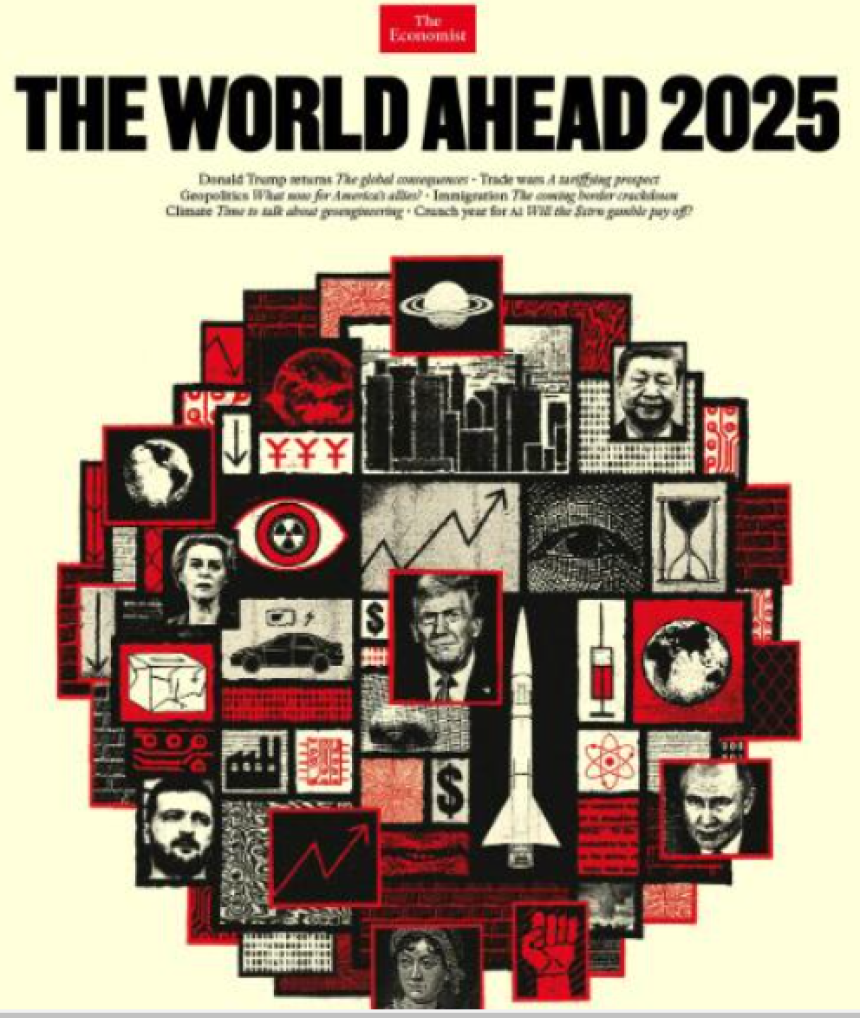Orwells 1984 Novel Becomes a Reality
As Britain’s new Online Safety Act is forcing small websites to shut down
- The U.K.'s new Online Safety Act is causing severe consequences for small businesses and community websites, forcing many to shut down due to stringent compliance requirements and heavy fines.
- The legislation aims to tackle illegal content and protect children online but is having an adverse impact on small websites who are struggling to meet the law's stringent measures.
- Microcosm, a non-profit free hosting service running 300 sites including community forums, has no choice but to shut down down due to the new law's "disproportionately high personal liability," and it is likely more web hosting services will follow suit.
- Critics argue that the Online Safety Act is forcing companies to monitor and censor content more extensively, which includes scanning private communications and undermining online privacy and free speech.
- More and more nations are passing laws attempting to assert control over the digital realm, particularly over social media platforms.
The United Kingdom's new Online Safety Act, set to take effect in March next year, is already threatening to shut down hundreds of small websites, including non-profit forums and community hubs.
The legislation, aimed at tackling illegal content and protecting children online, is having unintended and severe consequences for small businesses and community websites that cannot afford to comply with its stringent requirements.
The act imposes heavy fines – up to 18 million British pounds ($23 million) or 10 percent of their qualifying worldwide revenue, whichever is greater – and criminal offenses for websites that fail to comply.
The law's enforcer, the Office of Communications (Ofcom), has published dozens of measures that online services must implement by March 16, including requiring firms to name a point-person responsible for ensuring compliance – a risky proposition, especially for websites handled by individuals or smaller firms. (Related: UK’s Online Safety Act comes into effect: The dangerous, slippery slope of censorship laws.)
The story of Microcosm, a non-profit free hosting service, illustrates the concrete harm the new law is causing. Microcosm runs 300 sites, including community hubs and forums dedicated to topics like cycling and technology. The platform’s owner, Dee Kitchen, stated, "It’s too vague and too broad and I don’t want to take that personal risk."
Microcosm will be forced to shut down its 300 sites on March 16, unable to comply with the act's provisions due to the "disproportionately high personal liability." The fear of facing massive fines and criminal prosecution is driving small website owners to shutter their platforms.
Companies forced to institutionalize more monitoring and censoring of online contentThe government's stance is that both large corporate services and small businesses are equally subject to the legislation. Ofcom's measures include carrying out risk assessments and naming senior people accountable for ensuring site safety. These requirements are not only costly but also put small business owners at significant personal risk.
While the act was designed to combat illegal content and protect children online, critics argue that it is a "censor's charter" that forces companies to monitor and censor content more extensively. This includes scanning private communications and undermining encryption, which raises serious concerns about online privacy and freedom of speech.
The Online Safety Act's enforcement is also set to extend beyond just illegal content. The government is considering amendments to allow fines for allowing "legal but harmful" content, such as misinformation, to flourish. This could lead to an overbroad definition of what is considered harmful, further restricting free speech.
The consequences of the Online Safety Act are not limited to U.K. shores. There is a growing trend of governments passing legislation attempting to assert more control over the digital realm. Nations like Turkey, Venezuela and even the United States are pushing for more control over social media platforms.
Watch this video discussing how Canada is watching how the U.K. is implementing the Online Safety Act as it prepares its own anti-online content law.
Courtesy of naturalnews.com/
For related videos visit wowzatv.network





